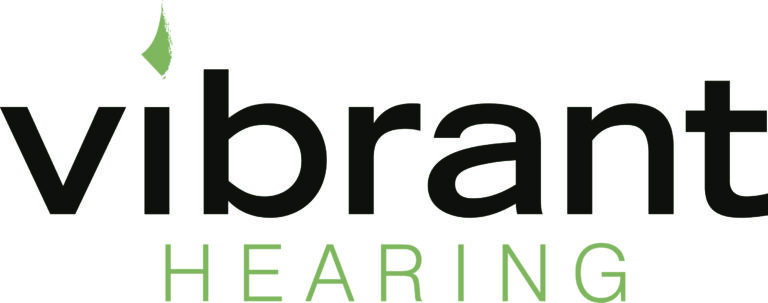Hearing Aid Resources For Our Veterans

As a service-disabled veteran, I can certainly identify with many who are frustrated with the frailties of the Veterans Affairs healthcare system. Yes- authorizations are taking a long (long, looong) time- between the pandemic and the elections and the holidays, the system got a little gummed up. We are proud participants in the Community Care Network and have multiple conversations every week with each other and the VA about how to make this process easier. Unfortunately, the answer is a resounding “hurry up and wait.” But there is reason to have faith and some degree of confidence.
The VA, in partnership with TriWest, contracts with local providers for the assessments and distribution of the hearing aids as well as necessary follow-up care and services. The VA does not purchase any equipment directly from the provider. Because of this unique relationship, your VA hearing care provider must meet strict education, qualification, and service standards to maintain the contract. What does that mean for you? Top-notch service — period.
Did you know that the VA contracts directly with only top-tier hearing aid manufacturers and only for their most advanced products? Despite popular belief, there is no lowest-bidder shenanigans going on with VA hearing aids. Only the most sophisticated hearing technology is acquired on behalf Veterans.
Some of the most thorough and respected research in this field is conducted by the VA. If the VA puts its stamp of approval on a hearing aid, you can and should recommend that technology to all of your friends and family. They really are that good.
Speaking only for the Montana VA system, I can say without a shadow of a doubt that Veterans are working with some of the finest and most knowledgeable professionals in the state. In an exceptionally well-conceived move, the Montana VA system put hearing care in the hands of the most qualified local providers rather than in their own clinics and hospitals. Community Care Network providers are rigorously vetted, and most have been providing services to Veterans for years. This length of tenure ensures the strongest of relationships with the VA and, therefore, the best service to the Veterans.
Non-VA fee-basis hearing healthcare also means shorter drive time, less wait time, longer appointments, more attentive providers, and little perks you can’t get at a VA hospital, like immediate service, walk-in allowances for cleaning and maintenance, and concierge service for repairs and programming. The use of local fee-based providers also saves the VA millions of dollars per year in payroll and infrastructure costs. This money can now be dedicated to considerably more important services, which, in my opinion (and experience), are unmatched in any other state.

